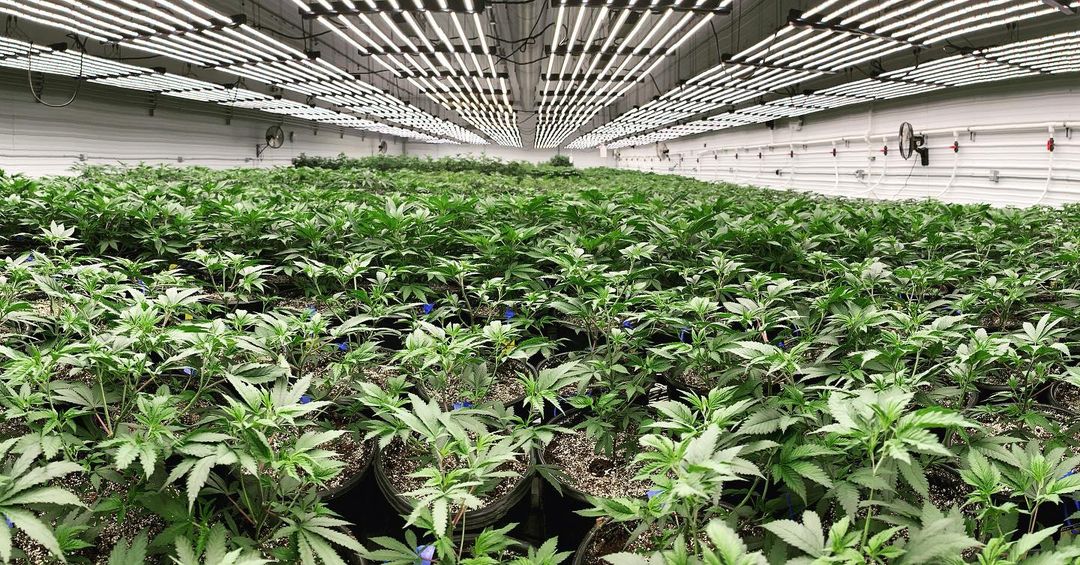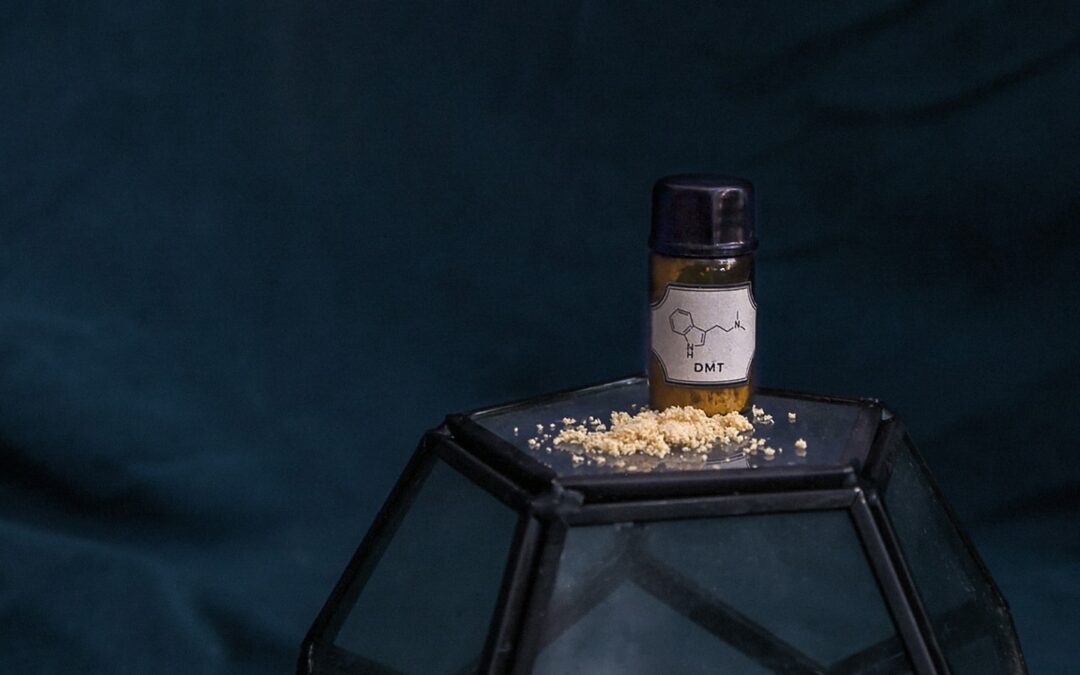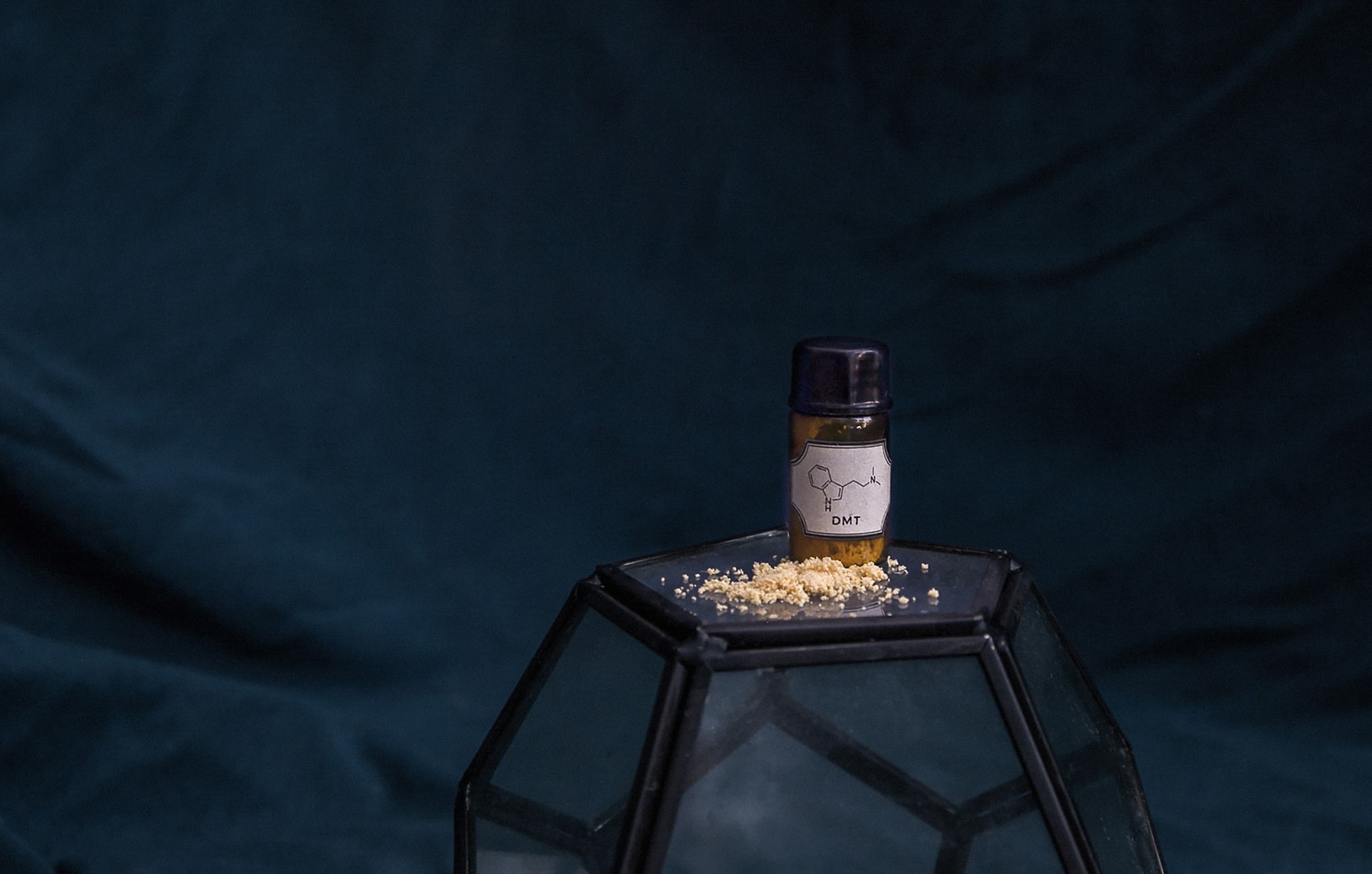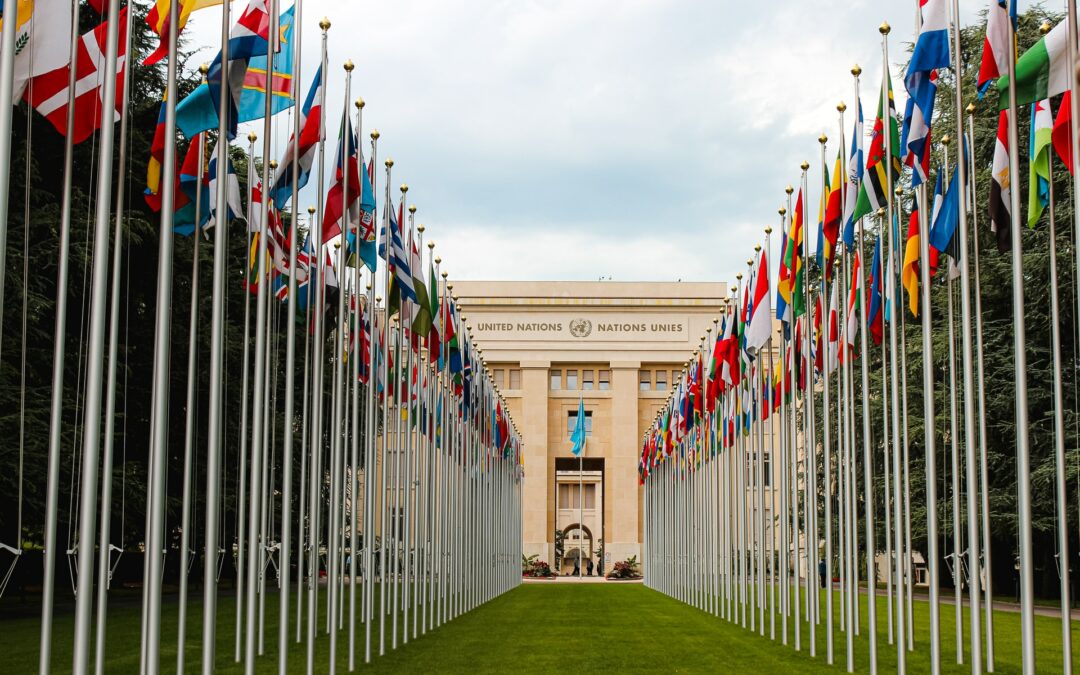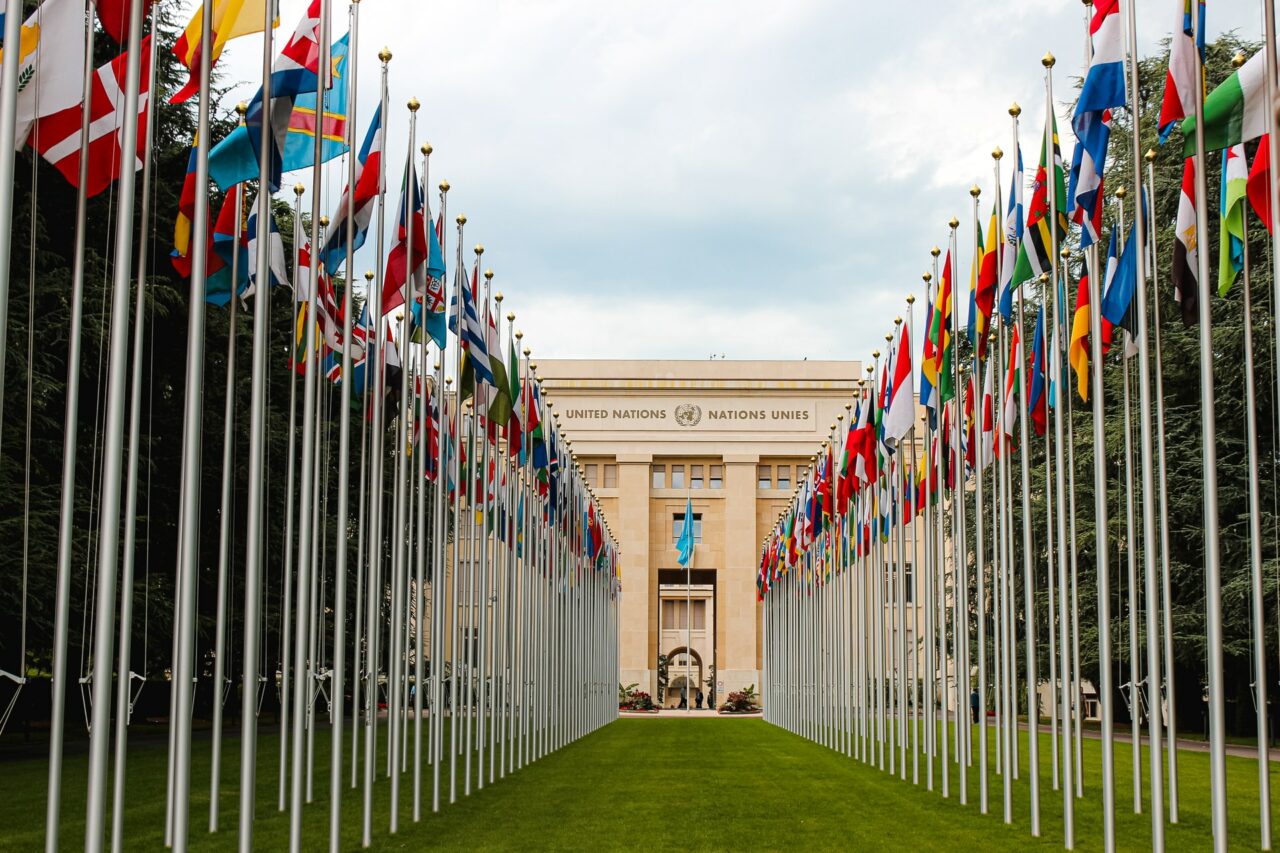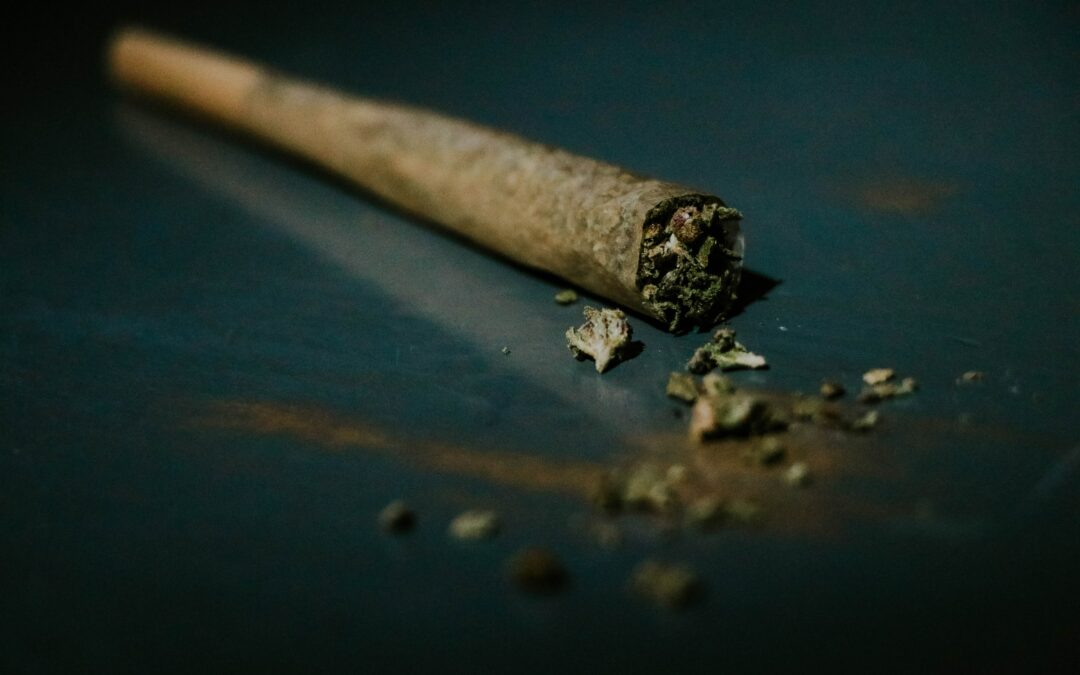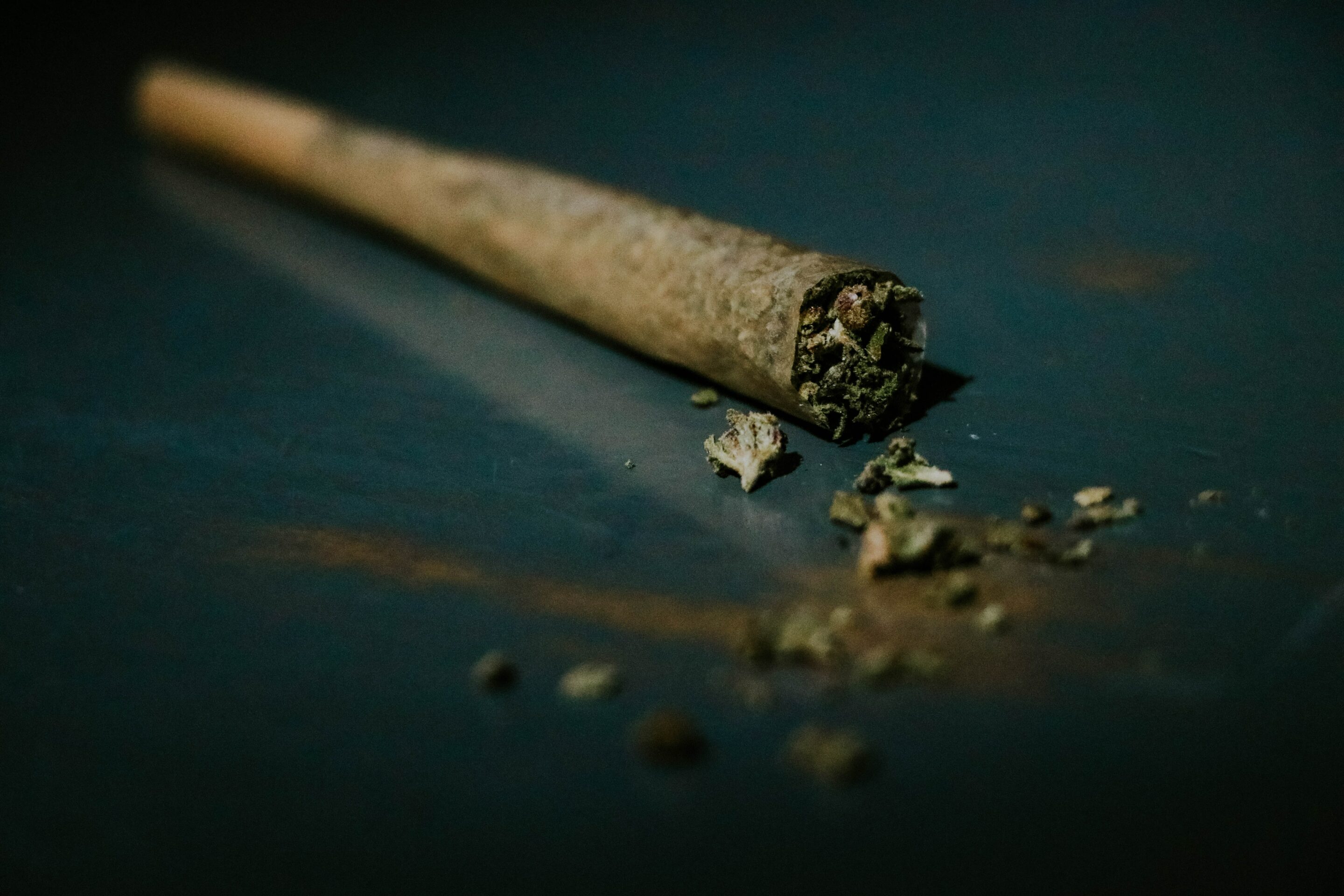
Research finds cannabis terpenes as a promising for pain therapies

When it comes to the medicinal and therapeutic properties of Cannabis sativa, an unsolved mystery is whether there exists an “entourage effect,” whereby the pain-relieving effects of the plant as a whole are greater than any of its individual parts.
New research from the University of Arizona Health Sciences has found evidence that favors the entourage effect theory and positions Cannabis terpenes, the part of the plant that provides flavor and aroma, as a promising new target for pain therapies that would require lower doses and produce fewer side effects.
A lot of people are taking cannabis and cannabinoids for pain. We’re interested in the concept of the entourage effect, with the idea being that maybe we can boost the modest pain-relieving efficacy of THC and not boost the psychoactive side effects, so you could have a better therapeutic.”
– John Streicher, PhD, lead researcher, member of the UArizona Health Sciences Comprehensive Pain and Addiction Center and associate professor of pharmacology at the College of Medicine – Tucson
Terpenes are aromatic compounds found in many plants and are the basic component in essential oils. The terpene linalool, for example, gives lavender its distinctive floral scent. In addition to terpenes, Cannabis sativa contains naturally occurring compounds known as cannabinoids, the most well-known of which are cannabidiol, or CBD, and tetrahydrocannabinol, or THC, the psychoactive component of cannabis.
Researchers found that Cannabis terpenes, when used by themselves, mimic the effects of cannabinoids, including a reduction in pain sensation. When combined with cannabinoids, the pain-relieving effects were amplified without an increase in negative side effects. The paper, “Cannabis sativa terpenes are cannabimimetic and selectively enhance cannabinoid activity,” was published in Scientific Reports.

